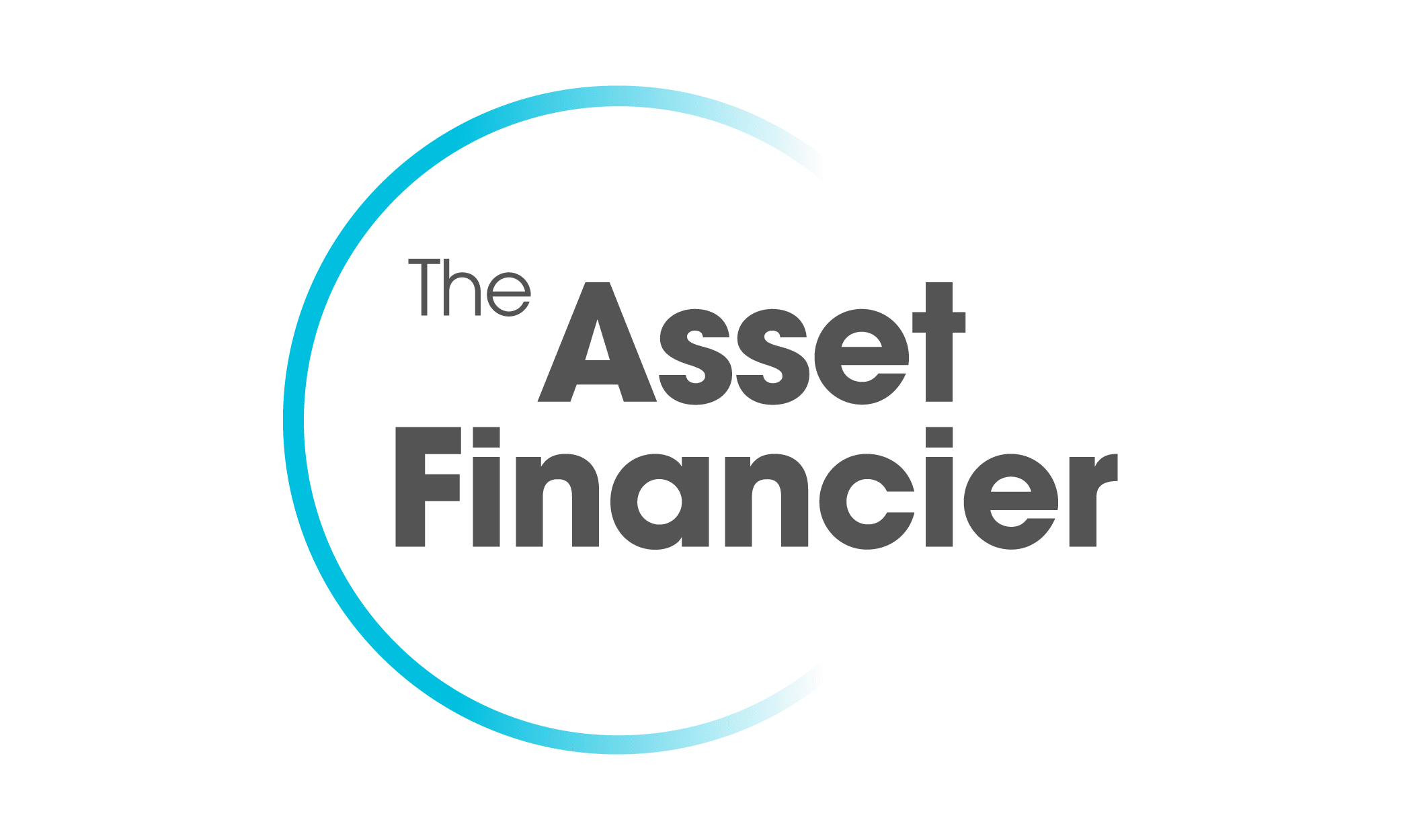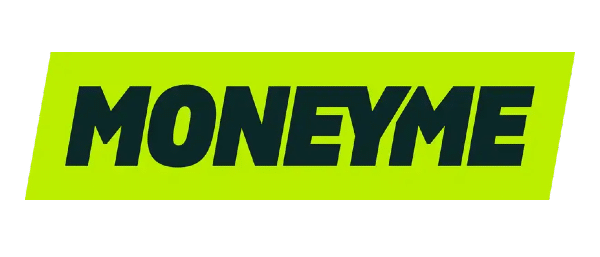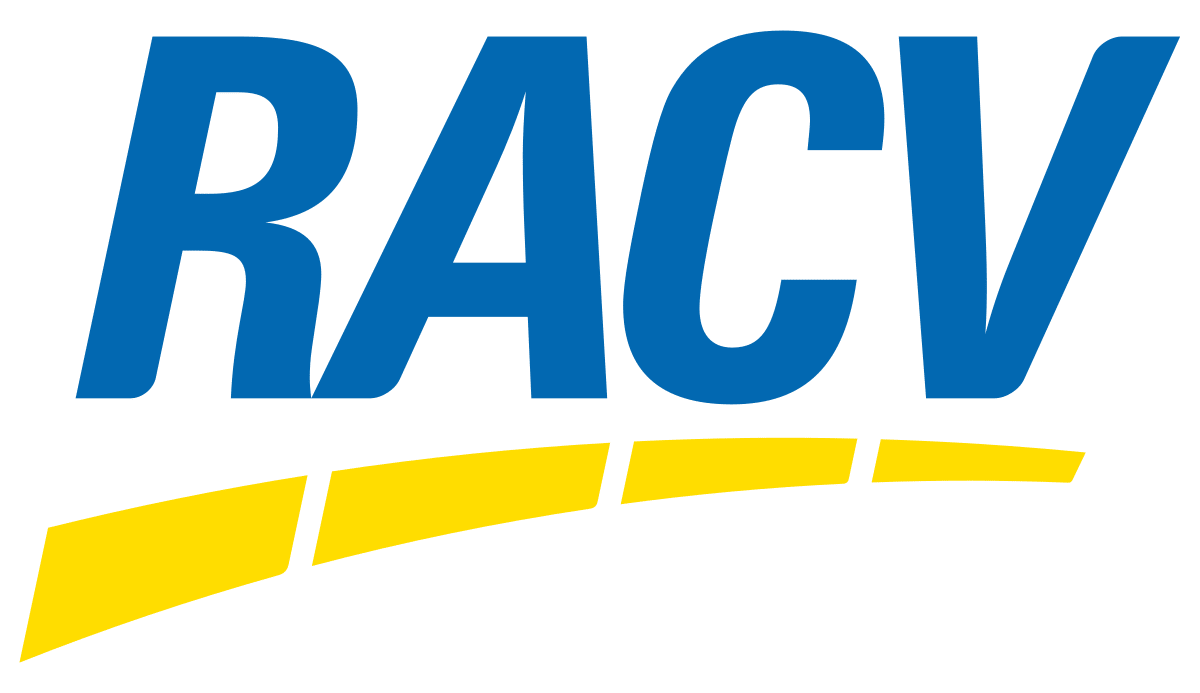A classic car is the dream for many drivers across Australia, but they aren’t usually eligible for standard car loans. If you’re looking to buy a vintage, restored or collectible vehicle, a classic car loan could be the answer. At Savvy, we work with more than 40 lenders, including classic car finance specialists, to give you not only the best chance of approval but also access to competitive rates tailored to your vehicle and financial situation.
What is a classic car loan?
A classic car loan is a specialised type of loan that helps buyers purchase collectible vehicles that don’t meet the criteria for standard car loans. These are usually cars more than 30 years old that are typically treated as investments rather than everyday vehicles, used instead for display purposes and occasional drives. Some lenders may also include other vehicles – such as restored, imported or muscle cars – in this category.
Because of their age, classic vehicles like a Torana or a Mustang generally aren’t eligible for standard car finance, which typically puts a maximum of 15 years on car purchases. Instead, you will need to take out a specialised classic car loan tailored to the unique nature of historic and vintage cars. This type of loan is less common, but shares a number of similarities with regular car loans:
- The loan is usually secured against the vehicle
- Fixed interest rates are typically offered
- Loan terms generally range from one to five years, though some lenders may offer up to seven years
However, while the structure might be similar, there are some key differences:
- There's no upper age limit on the vehicle
- Interest rates may be higher
- Credit requirements may be stricter
- A professional valuation may be required
Not all lenders offer classic car financing, so working with a specialist or broker can help you find a suitable option.
Why apply for a car loan with Savvy?
Fast & easy application
Apply online and submit and sign all your documents digitally. We can assess your profile with a soft credit check, so your score isn't impacted.
Trusted since 2010
With 15+ years of experience and a 4.9-star customer service rating on Feefo, we've helped thousands of Aussies find their ideal car loan.
Unbeatable rates & choices
Access 40+ lending partners nationwide. We compare providers to find the most competitive interest rates tailored to your profile.
Classic car loan rates
Interest rates for classic car financing are generally higher than those for standard car loans. This is largely due to the added risk lenders take on when financing older or collectible vehicles. Classic cars can be harder to value, have a more limited resale market and may not be driven regularly, all of which can affect how lenders assess them.
As an example, on our lender panel, the average interest rate in June 2025 for a 20-year-old vehicle purchased for $40,000 and repaid over five years is around 11% p.a. This rises to approximately 14% p.a. for a 30-year-old vehicle, even for a borrower with a strong credit score.
By comparison, the average car loan interest rate available through Savvy for borrowers with good credit is 7.43% p.a. as of June 2025.
However, the rate you’re offered will depend on more than just the age of the car. Lenders also assess your:
- Credit score and credit history
- Income and employment stability
- Assets and liabilities
- Loan amount and term
- Intended use of the vehicle
Each of these factors helps determine not just your interest rate, but also how much you may be eligible to borrow for a classic car loan.
Car Loan Repayment Calculator
Your estimated repayments
$98.62
Total interest paid:
Total amount to pay:
$1233.43
$5,143.99
How to apply for a classic car finance
At Savvy, we work with specialist lenders that are willing to finance classic, vintage and collectible vehicles, giving you access to options that may not be available through mainstream lenders. Applying is quick and straightforward:
-
Fill out our simple online application form
Start by telling us about yourself, your vehicle and the loan you’re looking for. You’ll provide details such as your income, employment and credit history, which help us match you with the most suitable loan options.
-
Submit any required documents
After your application, we’ll ask for supporting documents such as payslips, bank statements and ID to verify your information. These can be uploaded securely through our online portal.
-
Compare your options with a consultant
Once we’ve reviewed your details, your dedicated consultant will compare classic car loan offers from our panel of lenders and walk you through the options available to you.
-
Get your application prepared and approved
We’ll handle the paperwork and submit your application for formal approval. In many cases, you can receive approval within one business day.
-
Sign and settle
When everything is ready, we’ll send you the final loan documents to sign electronically. Once your loan is settled, you can purchase your classic car.
Car Loan Lenders We Work With




















































